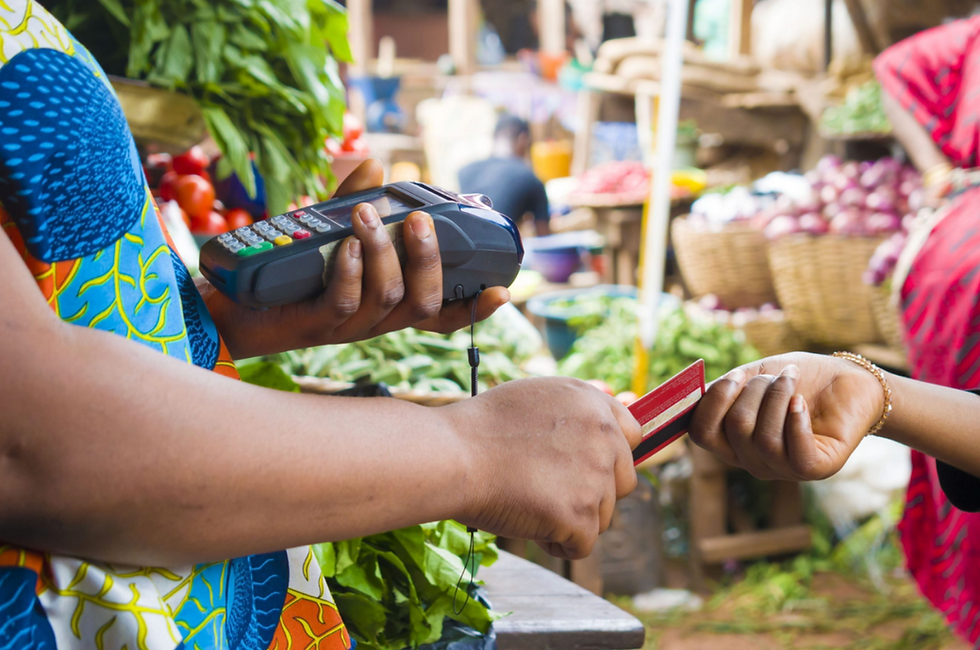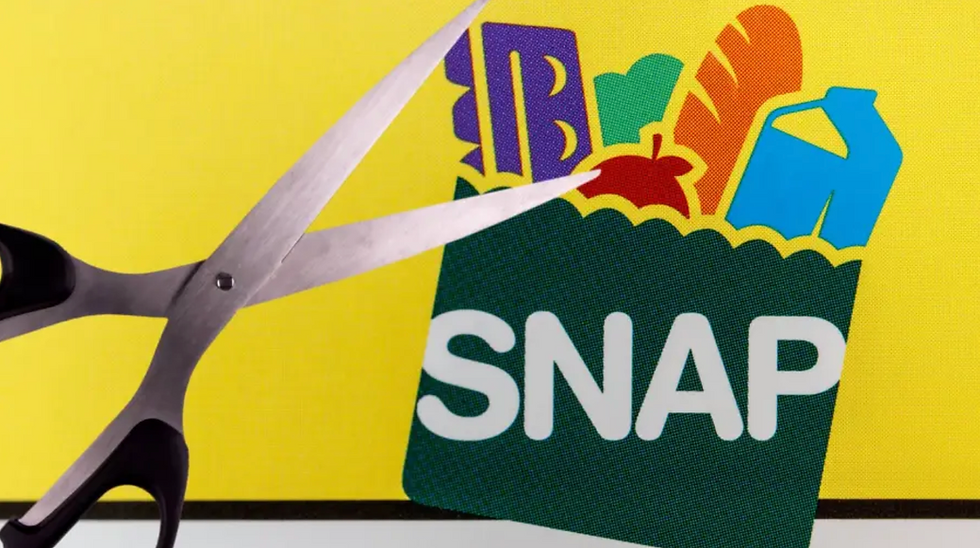Food rights should be protected in law and policy
- Photini Kamvisseli Saurez
- Sep 10, 2025
- 5 min read
Updated: Sep 11, 2025
September 10, 2025


In order to effectively implement the right to food in communities across the nation, there must be methods of accountability and enforcement that individuals can turn to when violations take place and ways of monitoring government actions to avoid future violations. The framework of the human right to food outlines governmental standards and provisions necessary for fulfillment of this human right. This framework reroutes us from the well-traveled path of charity solutions and instead guides us towards the core human rights principle of dignity. Right to food obligations and standards also provide a method of government accountability in instances where governments deviate from international standards and or commit human rights violations.
International Accountability
International human rights law is a form of accountability on the international stage. At a national level, countries have the ability to show their commitment to human rights by signing and ratifying international human rights treaties. Countries take on responsibilities for implementing human rights domestically and obligations to report to international committees and other UN Members about ongoing progress or barriers. These systems do not have the power to compel action on the part of the government, but advocates working within a country can use international commitments and processes to call for and leverage greater enforcement and accountability. For example, members of the National Right to Food Community of Practice have submitted several reports to various United Nations treaty bodies and mechanisms focused on the right to food in the United States. Most recently, we submitted a report for the Universal Periodic Review of the United States, which was scheduled for November of this year. In some instances, engagement in these processes can result in direct recommendations to the United States regarding the right to food. For example, one such report by the University of Miami School of Law Human Rights Clinic led to recommendations by the Committee on the Elimination of Racial Discrimination (CERD), stating that the United States should develop a “rights-based national plan to end hunger in consultation with members of the communities most affected by hunger.”
Encouraging ratification of international treaties that explicitly protect the right to food, especially the International Covenant on Economic, Social, and Cultural Rights (ICESCR), would provide additional opportunities for accountability and serve to advance the right to food in the United States. Although the United States has not ratified the ICESCR, it has ratified the International Covenant on Civil and Political Rights (ICCPR). The ICCPR thus provides another opportunity for accountability in instances where the right to food, which is not specifically mentioned, overlaps with other rights that are mentioned in the ICCPR - for example, the right to life.
Accountability through Local Action
Alongside work to hold the United States accountable at the international level, human rights frameworks are important tools for strengthening accountability and enforcement mechanisms at all decision-making levels. Advocates and policymakers can protect and advance the right to food by introducing specific legislation, integrating the right to food into other laws, developing case law and creating legal precedents, or by amending state constitutions. The right to food can also provide a useful framework when developing or reviewing state-level policies on food and farming or racial, housing, climate, land, and economic justice. Local campaigns that aim to improve public understanding of the right to food and encourage the development of legal protections for this essential right can provide a way for individuals and communities to hold authorities accountable for violations and to protect themselves in instances where their right to food is being threatened or violated. They can also help more people learn how to get involved in public decision-making that will help to realize the right to food in their towns, cities, and states.
While accountability and enforcement mechanisms may look different depending on the state and community in which they will exist, it is essential that these movements are built and led by people with lived experience, whose lives have been most impacted by a lack of legal and policy recourse around right to food.

One example is Maine’s right to food amendment, which enshrined the right to food in Maine’s constitution by a majority vote in 2021. The right to food in Maine came after over a decade of food sovereignty and right to food advocacy across the state, led by farmers and local politicians with a deep understanding and experience of the food-related issues facing their state. Public education on the right to food and food sovereignty over many years, as well as repeated campaigns and bipartisan cooperation, allowed for the right to food to be enshrined at the state constitutional level. While there have been few opportunities for legal interpretation of the right to food in Maine thus far, additional legislation such as the Act to Protect the Right to Food, which passed in 2025, has strengthened and clarified the right to food, setting the scene for future successful right to food claims in the state.
New briefing report
Today we are launching the final briefing report in our Right to Food in the United States series, entitled “Food rights should be protected in law and policy.” In it, we explore the current situation around enforcement and accountability of the right to food in the United States and set out recommendations for change that were co-created with members of our Community of Practice.
Our recommendations for creating enforcement and accountability with regards to the right to food in the United States include:
Ratify international treaties that protect the right to food, especially the following:
International Covenant on Economic, Social, and Cultural Rights
Convention on the Elimination of All Forms of Discrimination against Women
Convention on the Rights of the Child
Convention on the Rights of Persons with Disabilities
Develop a rights-based national food policy to strengthen protections for everyone in the United States and address current disparities based on race, ethnicity, and residency.
Incorporate the right to food and the right to a clean and healthy environment in state constitutions.
Pass resolutions or city ordinances that incorporate the right to food.
Next steps
Our “Right to Food in the United States” briefings are designed to be used by advocates working to advance the right to food at all levels - in towns, cities, and states across the country. Each briefing focuses on a specific aspect of the right to food, and they can be read together to share a more complete picture. We encourage you to read and share them widely, and to contact us with any questions or ideas for how to use them in your own work.
Previous briefing reports include:
Visit our website to find out how you can get involved with this work.
This post is part of a “Right to Food in the United States” series, showcasing a set of briefing reports that explore the progress the United States has made in advancing the right to food since 2020, when we underwent the most recent Universal Periodic Review (UPR) by the United Nations Human Rights Council. For more information, please see our full report submitted on behalf of more than 35 organizations to the UN in April 2025 as part of the current UPR process.



